HRM in the COVID-19 Context: How To Deal With It From a HRM Perspective?
May 1, 2020 - SSBM Geneva took some time to interview a lecturer Aco Momcilovic, the owner of FutureHR about dealing with COVID-19 from an HRM perspective.
First of all, we would like to ask you, in general, how does COVID-19 affect the overall organization and its employees?
The first reactions were not that surprising. At first, shock, then denial, and finally anger. I think that some employees are already in the depression phase and some are rather in denial. On the organizational level, we will see how resilient some organizations are and how their management is prepared and willing to make swift changes. What some surveys discovered is that a significant proportion of companies is not able to survive the crisis that will last for more than 3 months. Similar answers are on the individual level. Employees are having reserves for only a few months. Collected data from the US and the UK show that these negative consequences are particularly harsher for younger workers, those with unstable employment relationships, and lower labor income.
How to maintain regular communication with the employees and ensure productivity/performance?
There is a clear division of companies and professions that can work from home and those who cannot. Therefore, some of them made the transition more easily, and then there are those who are forced to digitally transform in a short period of time. Thus, there was a joke that COVID-19 is the best Digital Transformation manager. However, a lot of companies are unable to respond in the short-term and therefore result in blockage. If we talk about those who are still working, the rise in the use of virtual meeting tools is significant. In some cases, we can even witness more productivity due to the higher focus and performance of the employees. While in some occupations a high share of tasks can be done from home (e.g. business and financial operations), this is not the case in other occupations (e.g. food preparation and serving). Also, individuals with a higher annual earnings report are able to do a much higher proportion of their tasks from home. They are also more likely to report that they have already switched to working from home over the past few weeks.
From an HRM perspective, how do you recommend companies manage employee absence?
If employees are unable to work because of the lockdown or other pandemic measures, the first priority of the management is to reduce the fixed costs. Hence, to negotiate with their stakeholders to postpone everything that could influence cash flows dramatically. As we witnessed in the USA, a large number of people got fired – they are now at more than 20 million unemployed people. However, the real challenge will be to hire those people again when and if this crisis will be over. This is the time when we will differentiate ethical and moral companies that really consider their employees as the most important asset of their company and those who do not. For example, medical insurance will be an important topic – the decision not to show up at work when feeling ill is particularly difficult for a person without paid sick leave and little savings to fall back on. For instance, in the UK more than half of the workers in ‘Personal Care and Services’ have no paid sick leave despite working in close proximity to others. Maybe this is the time to rethink some of the benefits for the employees.
What are some ways to ensure employee support during the COVID-19 crisis?
One thing is for sure, clear and transparent communication. In this uncertain time, people value strong leadership. So even if you have to deliver bad news, there are certain ways to do it properly. If there is motivation, there are many measures that can be implemented and through which the company can show flexibility and care about their employees. From flexible working hours, work from home, short time salary deduction to keeping the working places, upskilling employees, etc. Another important thing is to reduce policies and adjust guidelines. Employers should be empathetic, understanding, and flexible as workers try to navigate the unexpected changes to their lives. In the mid-term phase, employers should mitigate risk and educate their employees – for example, they should refrain from forcing employees from traveling to countries with a higher risk of infection.
How do you think that the workforce will adapt to the changes brought on by COVID-19?
This one is not that easy to predict. Some trends will for sure happen faster. Cards will be dealt with again, and some positions will emerge as a new essential role. First, there will be a change in consumer behavior, and as consequence companies and their strategies and products and services will adapt and transfer those changes to the employees. Some positions will be inevitably lost, but we should focus on the new and creative ways of doing business, so we can create new chances for the employees in the new economy. The need for constant education and improvement will be stronger than ever. Those who have the habit of learning will be a significant advantage. We can expect a permanently flexible future – there will be a significant, permanent, transition to a more remote workplace—even when COVID-19 clears, this new normal will be sustained by fears of the next pandemic. Polarization of work-life balance will happen – while working from home is both convenient and comfortable, it can be difficult for professionals to separate home and work life. Work will become more agile – as teams become more separate with remote work, many will begin collaborating with other employees, especially since online collaboration tools make connections easier.
What is your perspective on employees working remotely during the COVID-19?
We can only be thankful that these opportunities already exist. Laws regarding that will be changed fast and it is great to see that the number of professions is at least for the time being, transferring to remote/ online way of working. So, we have psychotherapists talking to their patients, doctors doing basic examinations, and teachers working with their students, all done remotely. Also, there is a sustainability angle – remote work takes the mental and physical stress out of going into an office, but it also has a significant impact on the environment, which people will begin to take note of. For example, there would be a 20% reduction in energy consumption by reducing the in-office work week down to four days. The majority (88%) of organizations now either encourage or require employees to work from home, whether or not they have shown coronavirus-related symptoms, according to Gartner research released on March 19, 2020.
Any recommendations from an HRM perspective? How do you think that COVID-19 will affect the employees/organization? What do you think will change in the organization or perhaps be implemented?
First of all, HRM should get involved in cash flow predictions. The second basic thing in which I was consulting some companies is to do the list of a key employees and succession plans. In this time of distress, many decisions are done in a hurry and are not optimal. Those simple procedures will enable any manager to do what is necessary, but with the long term vision. Depending on the severity of the problem, it will be critical to recognize and keep key performers in the company. If that does not happen, there is no amount of money or state subsidy that will save the company. And corporate culture shifts will be inevitable, as M. Beer said in a Harvard Business Review interview: “The coronavirus challenge, like any crisis, provides senior management a huge opportunity to develop a trust-based culture rapidly or, conversely, if not handled with an organization-wide honest conversation, to undermine their ability to develop a trust-based culture for years to come”.
How to Become Globally Competitive from Croatia: MBA Aco Momcilovic Interview
May 29, 2019 - Croatia may not be the easiest place in Europe to do business, but there is a budding entrepreneurial class which enjoying considerable success and getting more organised. Ahead of the first MBA Croatia business conference in Zagreb next week, TCN caught up with MBA Croatia President Aco Momcilovic.
His CV includes three years as the Chief Human Resources Officer of Rimac Automobili, and so MBA Croatia President Aco Momcilovic knows a thing or two about how to become globally competitive starting from Croatia, the subject of the first MBA Croatia business conference, which will take place on June 6 at the Forum Zagreb Congress Centre.
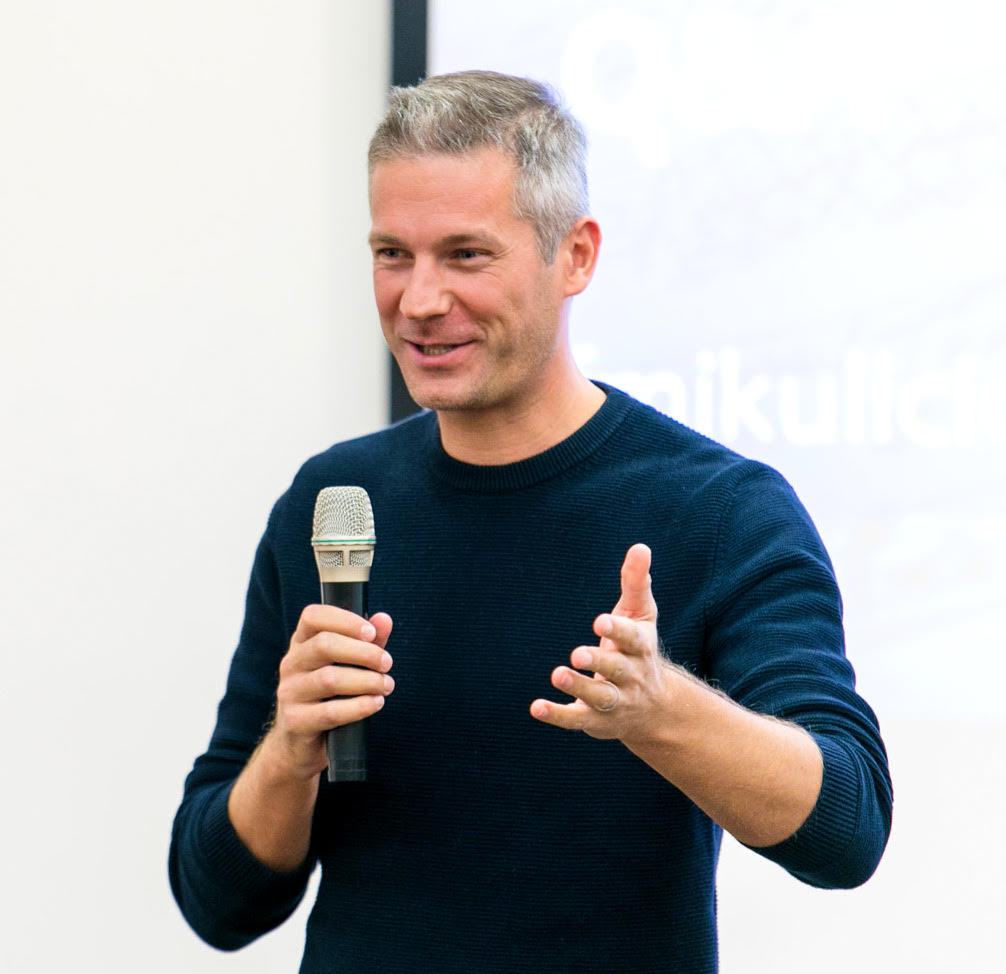
1. MBA Croatia sounds like an excellent initiative. Can you briefly introduce it? What are you trying to achieve and what have you achieved so far?
MBA Croatia is the biggest long-term business association in the country with regular monthly events and other yearly gatherings. It is a great opportunity to network and exchange knowledge. We gather all MBA alumni, MBA students, and business people interested in our activities and who share our values, mission and vision. We want our members and guests to have lifelong education as a habit, and to enable them to continuously enlarge their network of professionals. Our vision is to create and gather alumni of world level leaders, and our mission to inspire the creation of a better and more advanced society. In the 10 years of our existence, we have organized more than 100 lectures and other events and had a few thousand people participating in them.
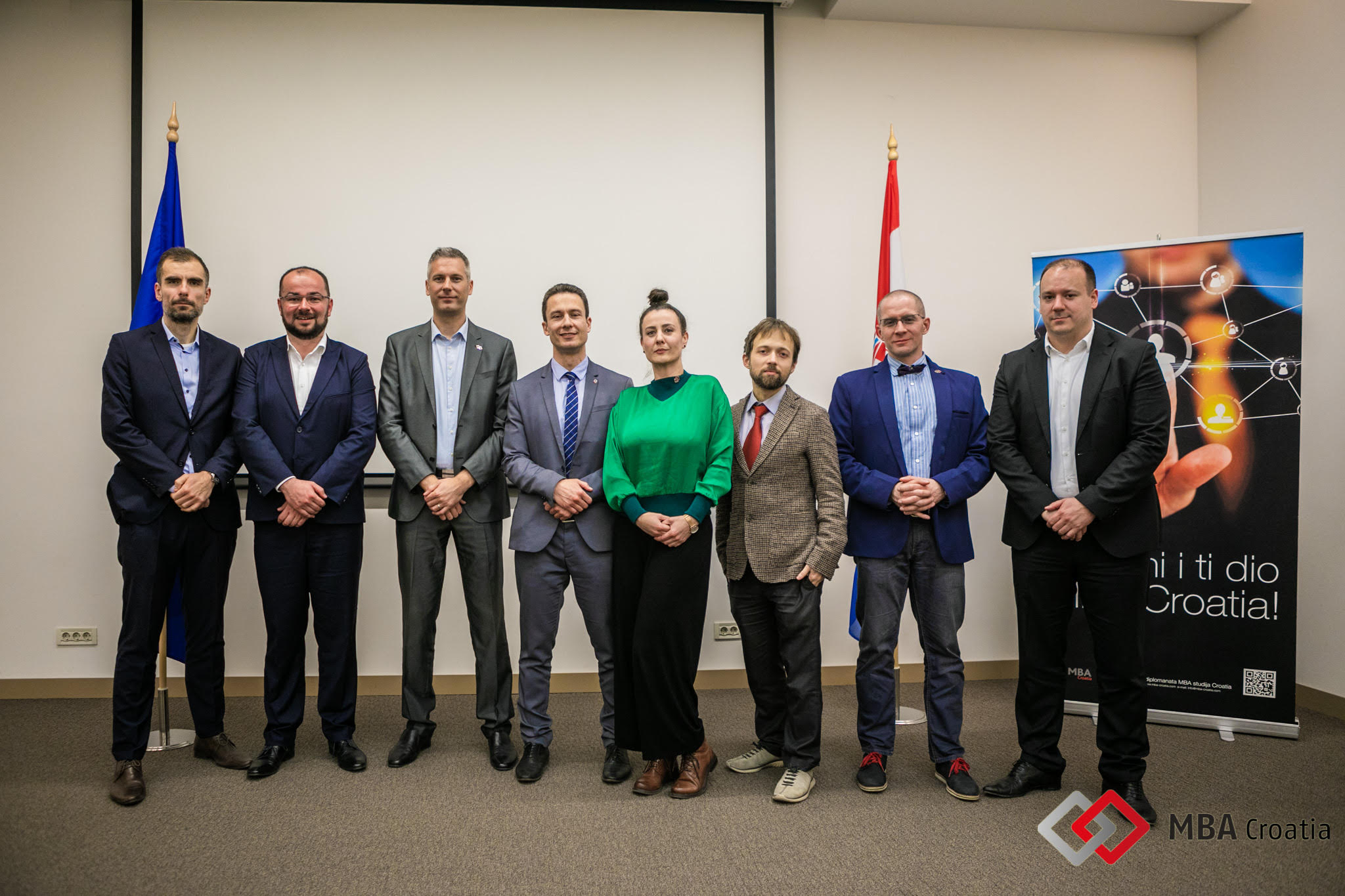
2. Your upcoming conference is called How to Become Globally Competitive from Croatia. You have personal experience of this, having worked at Rimac Automobili. Tell us about that experience, and what lessons can be learned for other Croatian businesses?
As we can see in many Croatian companies, there are lots of great people, great ideas, and a lot of potential to compete on the world level and be the best in some segments. One very important thing is the mindset of the owners and entrepreneurs. Their ambition and confidence to deliver in the most challenging environment. In that area for the country, it will not be enough to have only Rimac Automobili and a few other companies. We should create a system that will continuously produce a higher number of companies of that quality. A good example of that success is Israel which branded itself as a startup nation. We can and must learn from the successes of Israel, Estonia, and other similar countries.
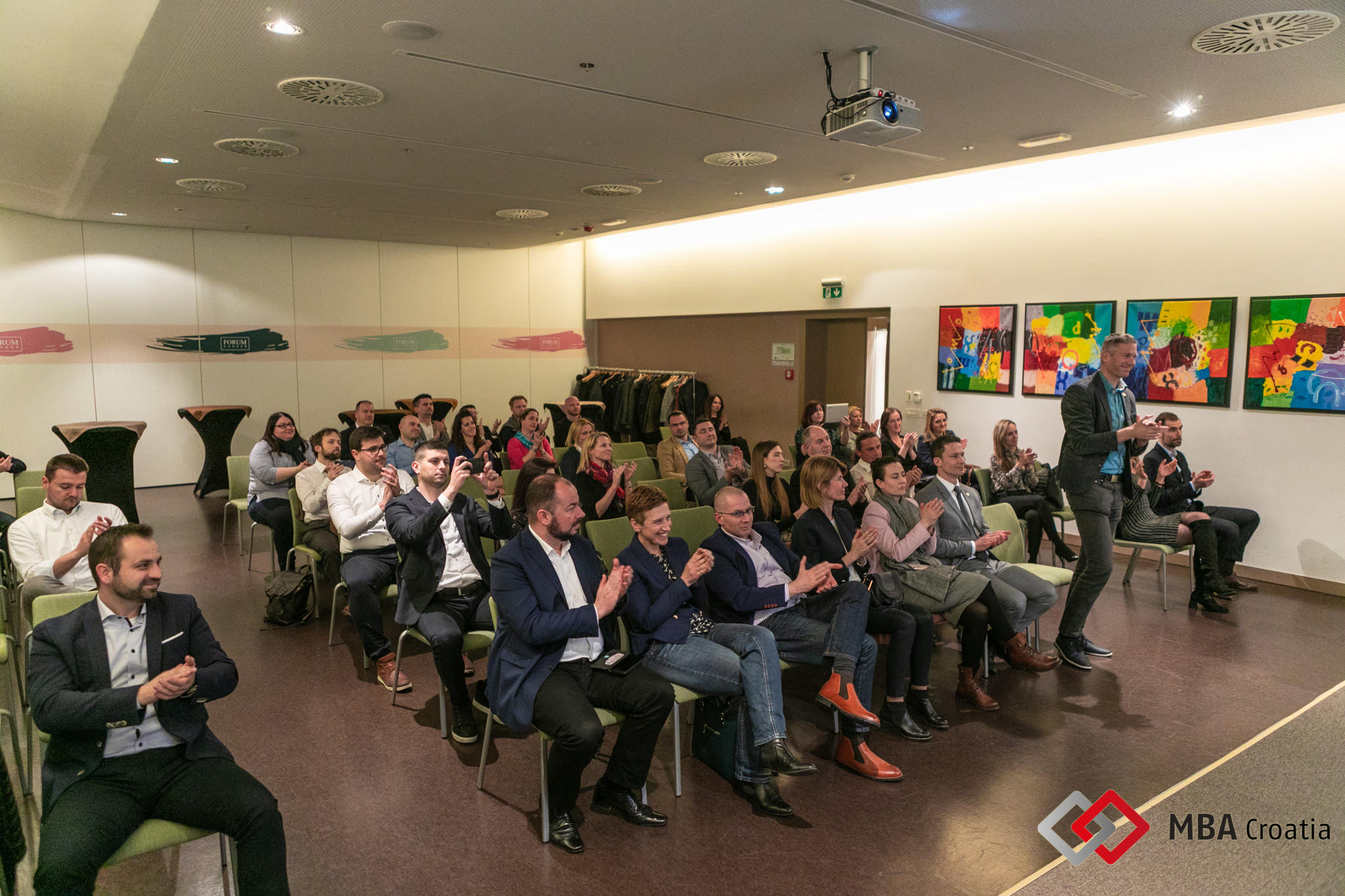
3. A lot of Croatia's talented youth is emigrating in search of better economic opportunity. You personally are still here. Has emigration occurred to you personally, and why have you decided to stay?
Because I am still very connected to the country, and all the fantastic people still living in it. It is true, and it saddens me to see that many of my friends left, but we in MBA Croatia and some connected projects (like Meeting G2) are trying to reverse the trends, and maybe in the mid-term attract those people to return back.
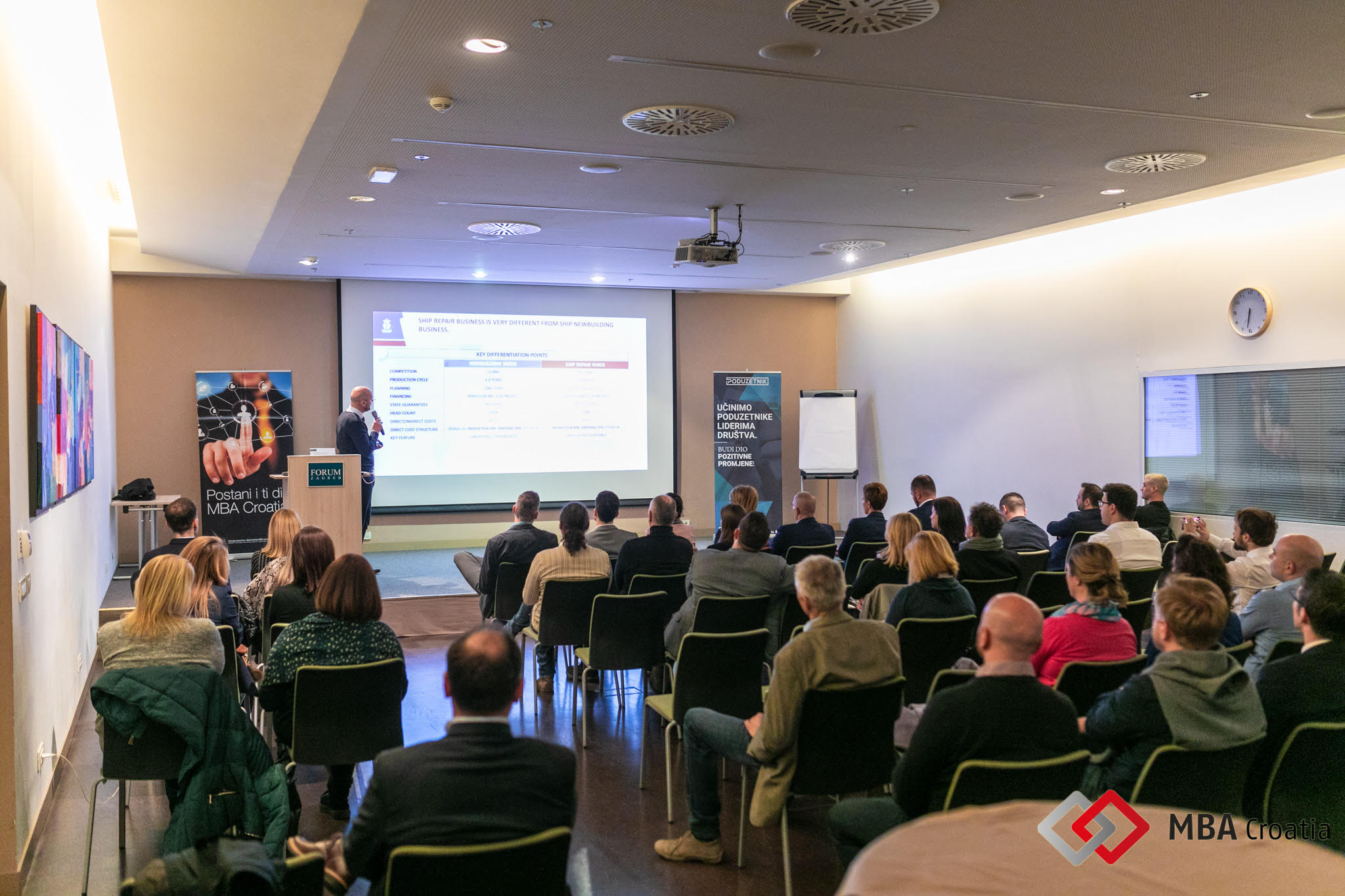
4. Give us an overview of the business climate in Croatia, and the opportunities for entrepreneurs. Do you see signs of improvement?
Many pages of text are written on that topic by economists who are specialized in that area. More or less we all agree that the situation is far from perfect and that it should be improved on many levels. Although it is our goal to influence those decisions, this conference is also aimed at individuals and owners and CEOs of companies who need encouragement, and experience of those who already walked the path of internalization of their business. Currently, some improvements are happening, but much slower than they should. This is also the time to raise that question to the public.
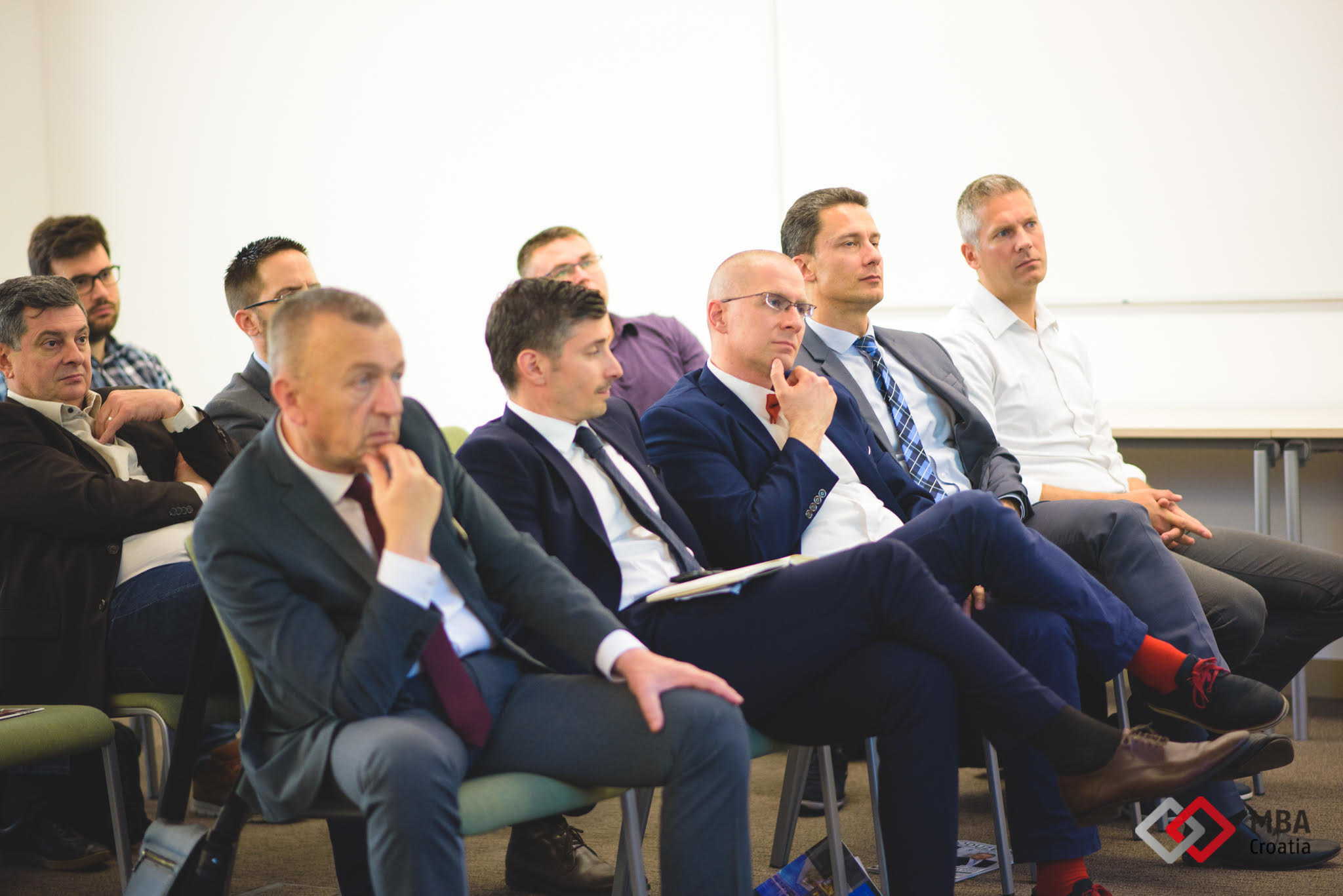
5. Three things you would change about doing business in Croatia if you were in a position to do so?
Create the system that is transparent, and as a result, minimize corruption. Secure easier foreign investments, and of course less administrative and other obstacles for doing business for everybody.
6. The conference has a rich field of international speakers. Tell us a little about them.
Andreas W. Gerdes is a very successful entrepreneur and I would say visionary of the future, from Malta. Always with new ideas, and new energy to boost changes and improvement.
Tadej Slapnik, former State Secretary of Slovenia, also in the management of Tolar, an international project in the blockchain, who can share many interesting experiences from his career.
Nikolajs Bulmanis, Board Member of Air Baltic, a top-level executive from one great company that has been through the change management process.
We also expect representatives from Macedonia and Israel to learn even more international best practices.
The moderator will be Stephanie Trpkov, employed in the World Bank and with experience directly in the field of competitiveness.
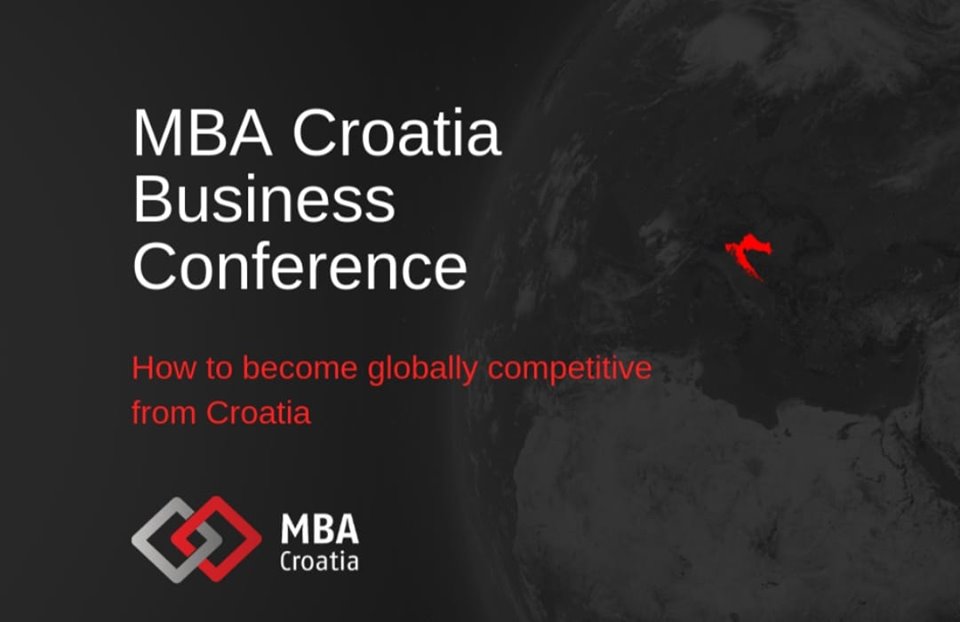
7. What do you hope the conference will achieve, and what are the next steps for MBA Croatia?
We hope to gather and share a lot of knowledge and experience with our members, and all other business people interested in that topic. One goal is to inspire some of them to start planning international expansion and help them in doing so.
Another goal is to prepare all of us, in the many areas that we will need to work in Croatia, in order to become a more business-friendly country.
Also, the conference is combined with our internal workshop – MBAonica, for members of the association only. That topic will be even more practical – How to open a company in other countries? We will have two lecturers and they will give some practical examples how to do it in Dubai, Switzerland and the UK.
You can learn more about MBA Croatia via the official website. You can connect with Aco Momcilovic via LinkedIn.
Looking to learn more about the entrepreneurs of Croatia? Check out the dedicated TCN Made in Croatia section.

